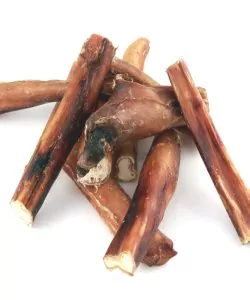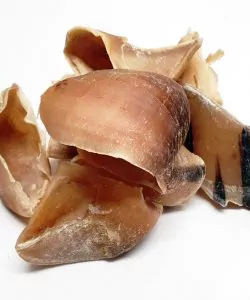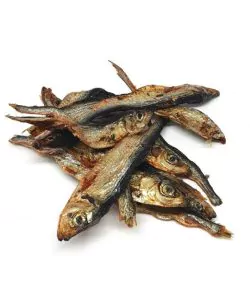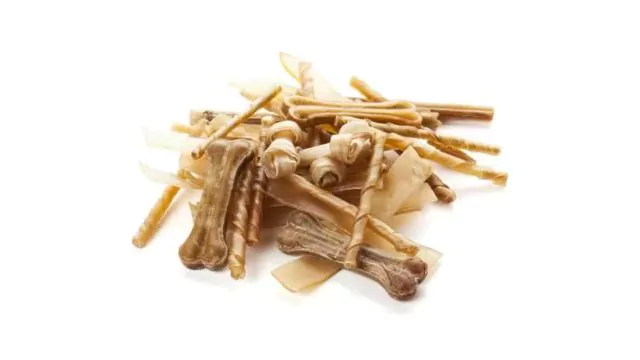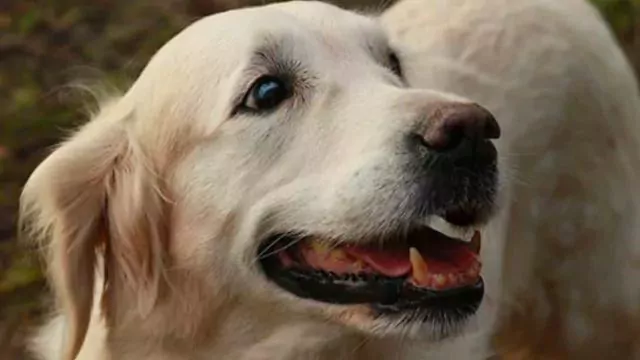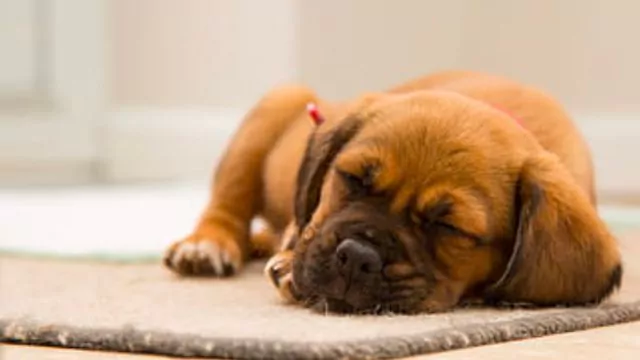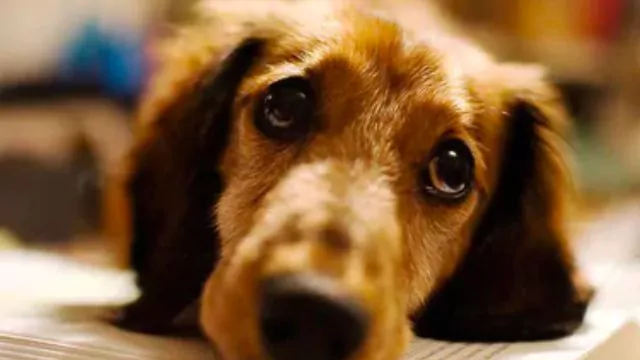Puppy Socialisation to 16 weeks.
Overview
- Many breeders or dog owners are not aware of the need for socialisation with a new puppy in their first 16 weeks. They do not always understand just how critical this period can be.
- Research makes the difference between a good dog and a bad dog. Knowing what your puppy needs and in what time frame is critical to getting a dog you can enjoy.
- Well over 50% of all dogs in Dog Rescue Centres are there because of the all-important socialisation requirement being ignored either through lack of knowledge or laziness
- Socialisation starts from just after birth, therefore, the breeder also needs educating. They can have more of an impact on the future puppy than the new puppy owner.
- Vets are also at the forefront of this lack of socialisation with scare tactics and insistence that full vaccinations and weeks of isolation because of the risk of often rare diseases.
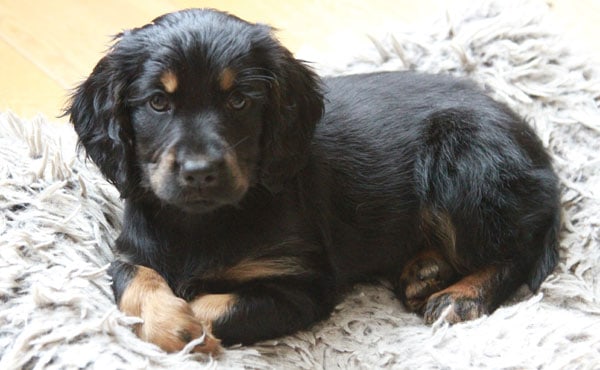
This little overview will help steer you through the maze of conflicting opinions and will help you create the perfect dog.
However, you have limited time to acclimatise your puppy to all the scary things that it will meet.
Let’s start from the day you get your new puppy.
You should have already purchased a (1) Dog Crate and possibly a playpen, a food and water bowl (not plastic they leach chemicals) vet bed, food, (2) treats, and soft toys.
Lead and collar, brush, whistle, dog food and sound desensitisation disc.
Book your puppy into socialisation classes ASAP. Buy a lead and Collar and training aids See (3)
You should also have booked your first vaccination for the next day if the breeder has not had it done already. This is vital as the longer you leave the vaccinations the less time you have for the all-important socialisation.
Things You Must Do and Time Frames:
- Feed four times a day until 12 weeks then 3 times a day until 6 months then twice thereafter. Choose your dog food wisely read this article on (4) Dog Food and Behaviour it shows what I feed my dogs and reviews different types of dog food from raw to Kibble.
- From the first day, you get the puppy think socialisation. Minimum of 100 people must handle your puppy before they are 12 weeks of age this period is called the human socialisation period.
- Over 90% of all behavioural problems are created in this vital initial period. The majority of aggression cases are fear-based and can be traced back to that first 16 weeks and the lack of critical socialisation.
- Always think of ways of exposing your puppy to all new sights and sounds and to explore the environment consider buying a sound disc of normal scary sounds and play low to start off with increasing volume over a period of a couple of days (5) Sound Desensitisation Disc.
- Get your puppy used to being touched all over his body groom him daily touch and look into his mouth and ears and touch his paws this helps overcome any contact aggression that can occur if this is not performed and initiated when they are young.
- Do not shut the crate door until the puppy is 12 weeks of age read (6) Crate Training Puppies. This explains that the puppy can get very distressed if he has to toilet in his own bed. His bowels and bladder are not able to hold their toilet overnight without pain and discomfort until 12 weeks.
- Use newspaper to start to toilet training in the home, do not put newspapers in the crate as it encourages the dog to urinate and defecate in his crate. Get a soiled newspaper he has urinated on and put it in the garden or somewhere outside you want him to toilet. Take him to this spot each time, give lots of praise and treats when he goes.
- Never use puppy pads, they are impregnated with what I believe is horses urine, to stimulate the puppies to over-mark them. Therefore increasing the likelihood of them continuing to toilet indoors.
- Buy quality air dried treats to prepare the puppy to be left alone for periods of time. Read my article (7) Separation Anxiety.
- Get your new puppy into a routine of sleeping toileting and feeding. When the puppy eats or drinks take it outside 15 minutes after feeding praise and treat and give an instructive command I say wee wee as he is toileting.Then if you are in a hurry later on in the pup’s life you can say wee wee or any word you want you to use and he should go on command.
- If your puppy is small enough to carry, take him to the local pub or café you can do this after the first vaccination and get people to handle him and give him treats. Go outside school gates so your puppy gets used to children.
- Mix your pup with other dogs and especially other puppies from day one. Your puppy can mix with any other vaccinated dog. Puppies learn bite inhibition and body language skills from the rough play that puppies enjoy. You have until 16 weeks to mix your pup within the critical period known as the Canine Socialisation Period.
- Start recall training from day one in the home and garden see my article (8) Puppy Recall Training. Then 48 hours after 2nd vaccination take the dogs out and follow my guidelines for puppies and recall.
- Nipping and biting is totally natural so do not get alarmed if your pup starts nipping and biting you read how to overcome this (9) Nipping and Biting
Think of your new puppy as a child, the first 5.5 years of a child’s life is so vitally important as it creates the personality allowing that child to grow into a well-rounded and confident adult. St Ignatius the founder of the Jesuit order is believed to have said “Give me the child and I will show you the man” Pups are no different except for the time frame we must give them lots of stimulation, input and nurture. The time frame is 16 weeks to create the well socialised and confident dog.
Learning at this age is permanent that is why it is so important, though it may appear as the youngster moves into maturity about one-year-old that they have forgotten everything it is just a short phase they go through. It is called The Oneses
© Stan Rawlinson September 2017


